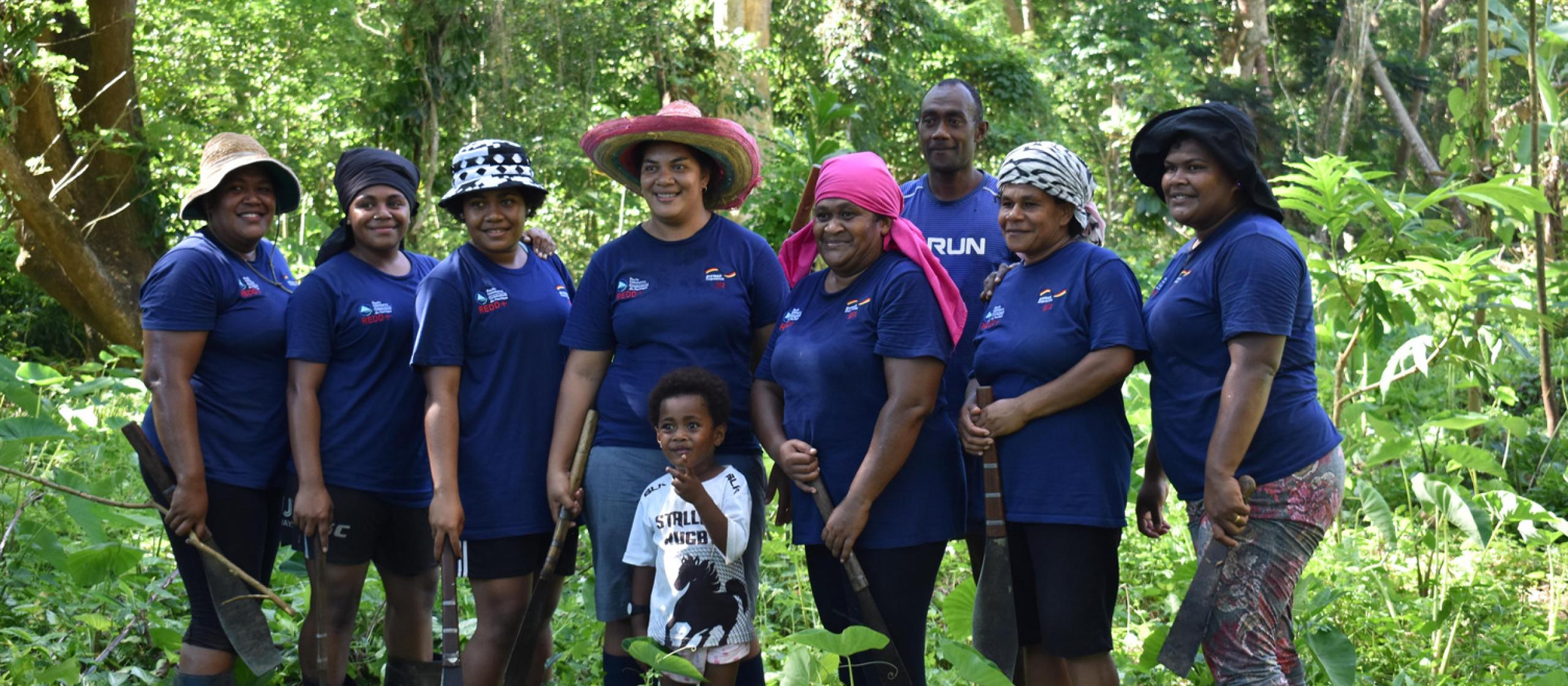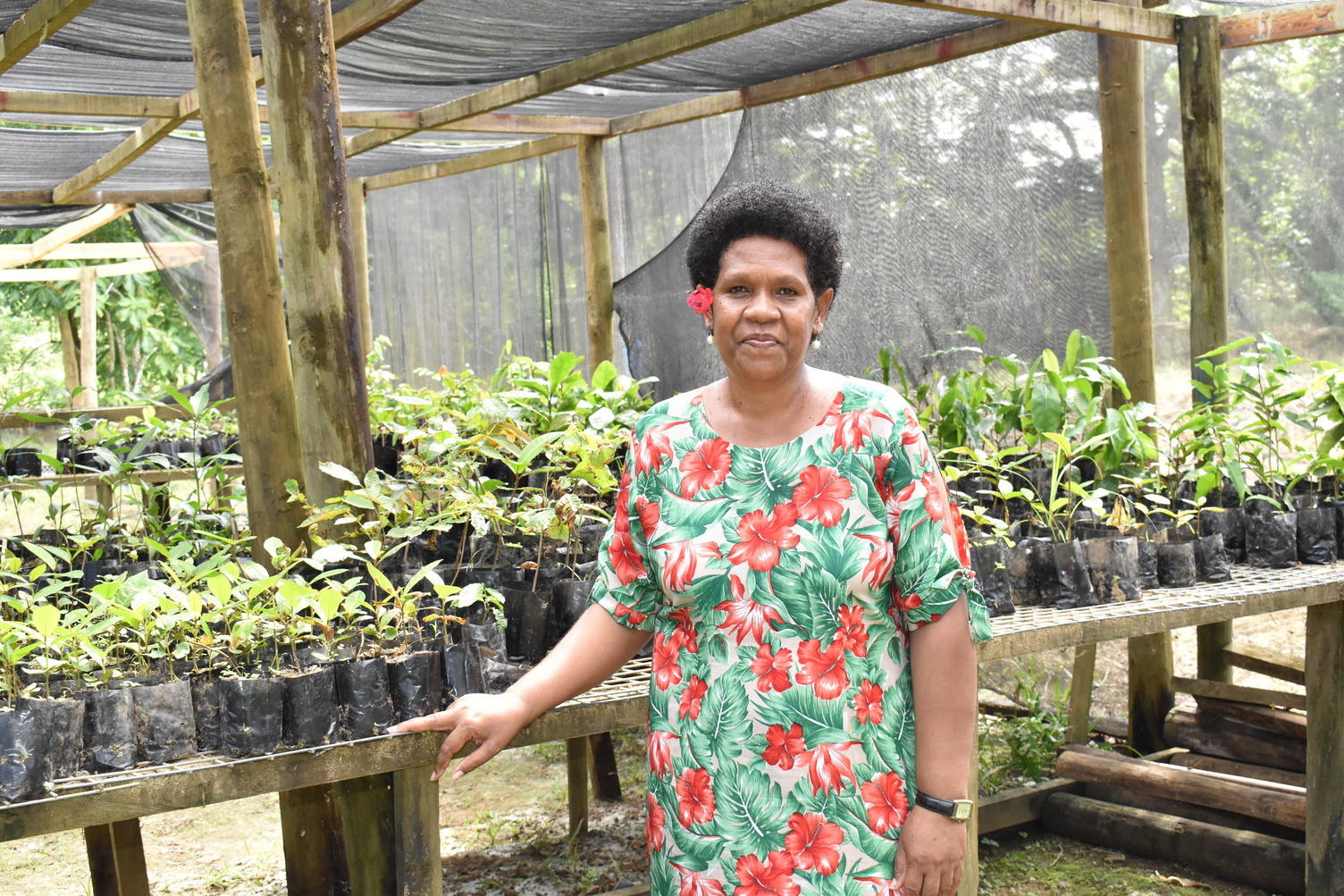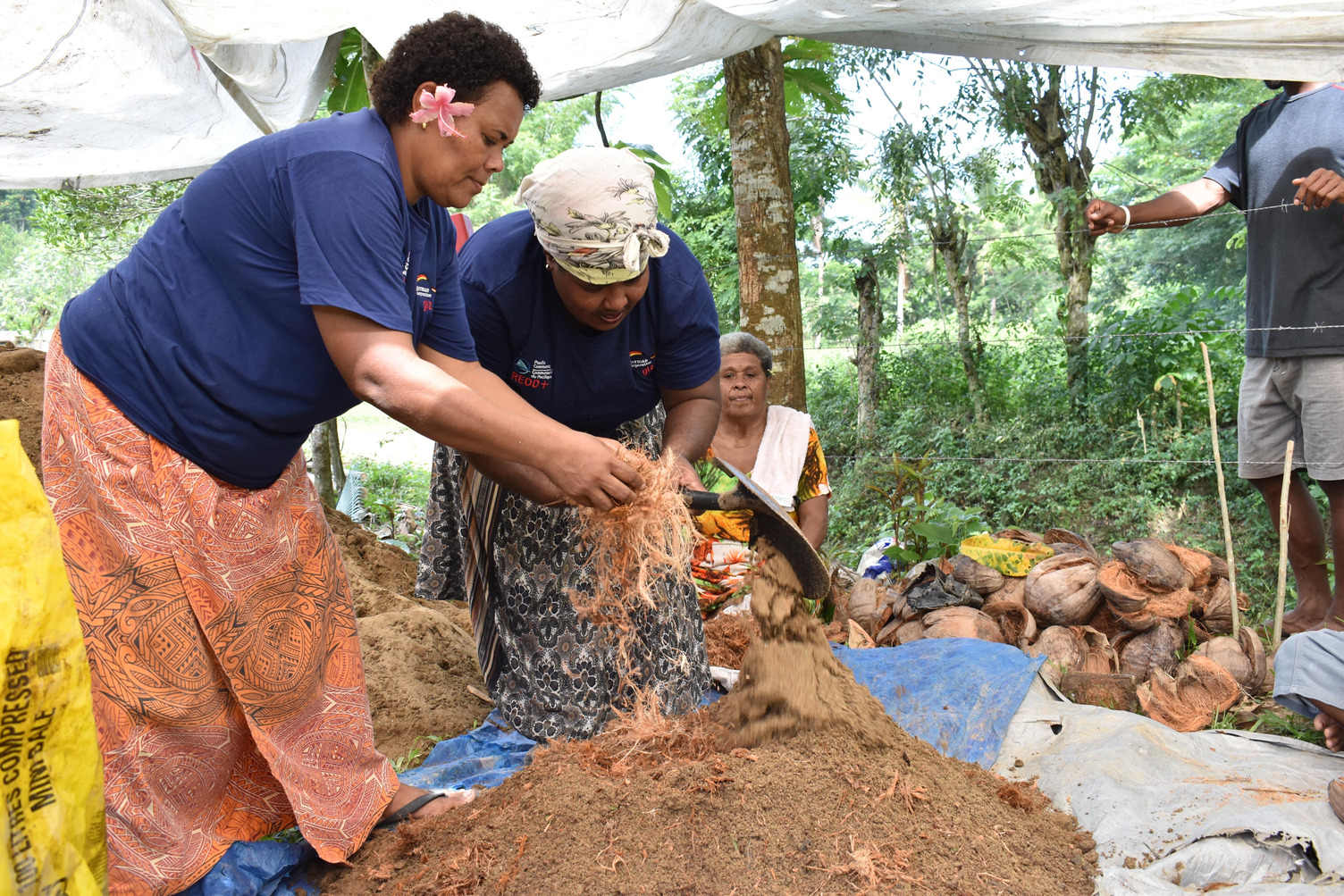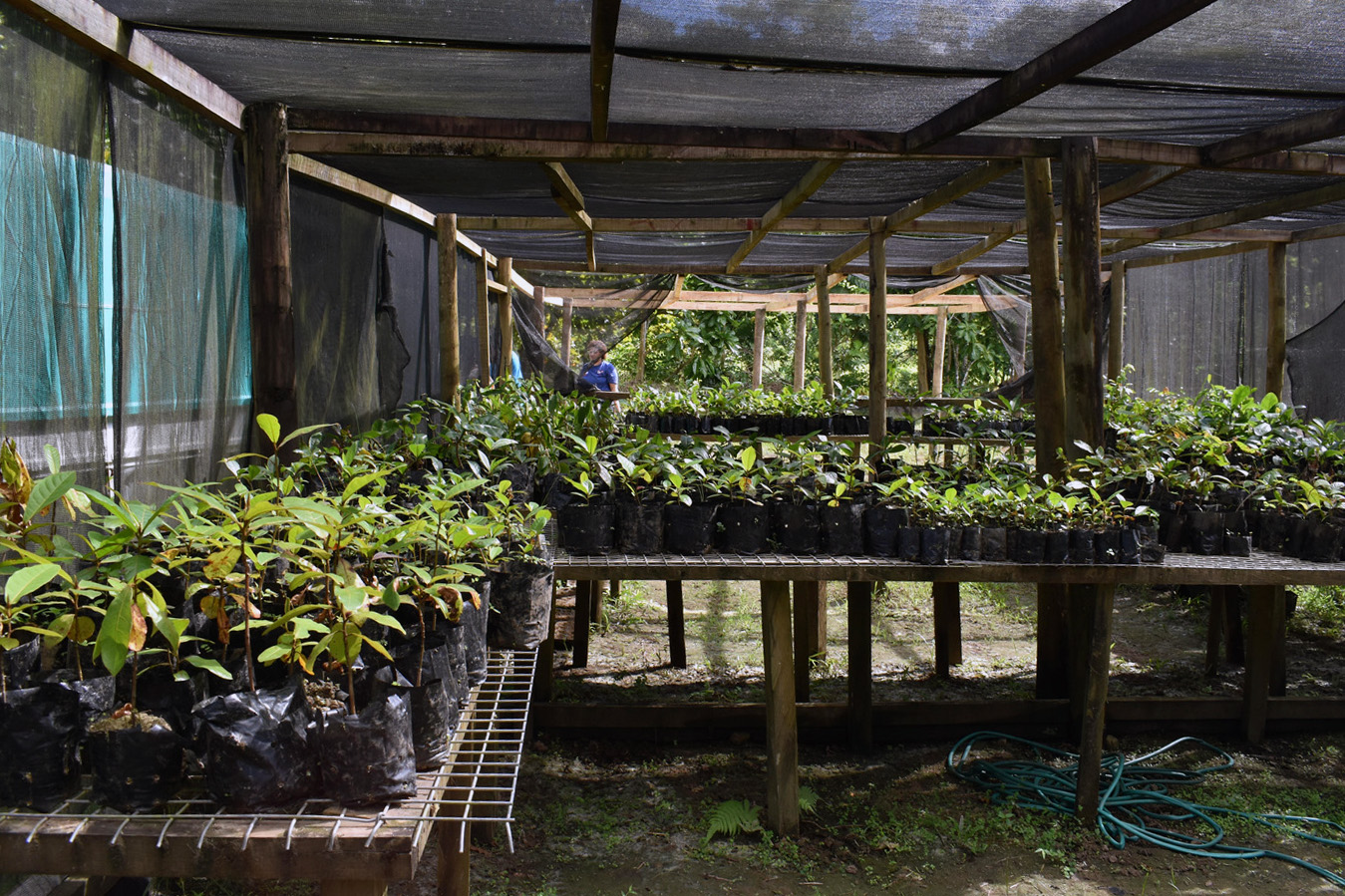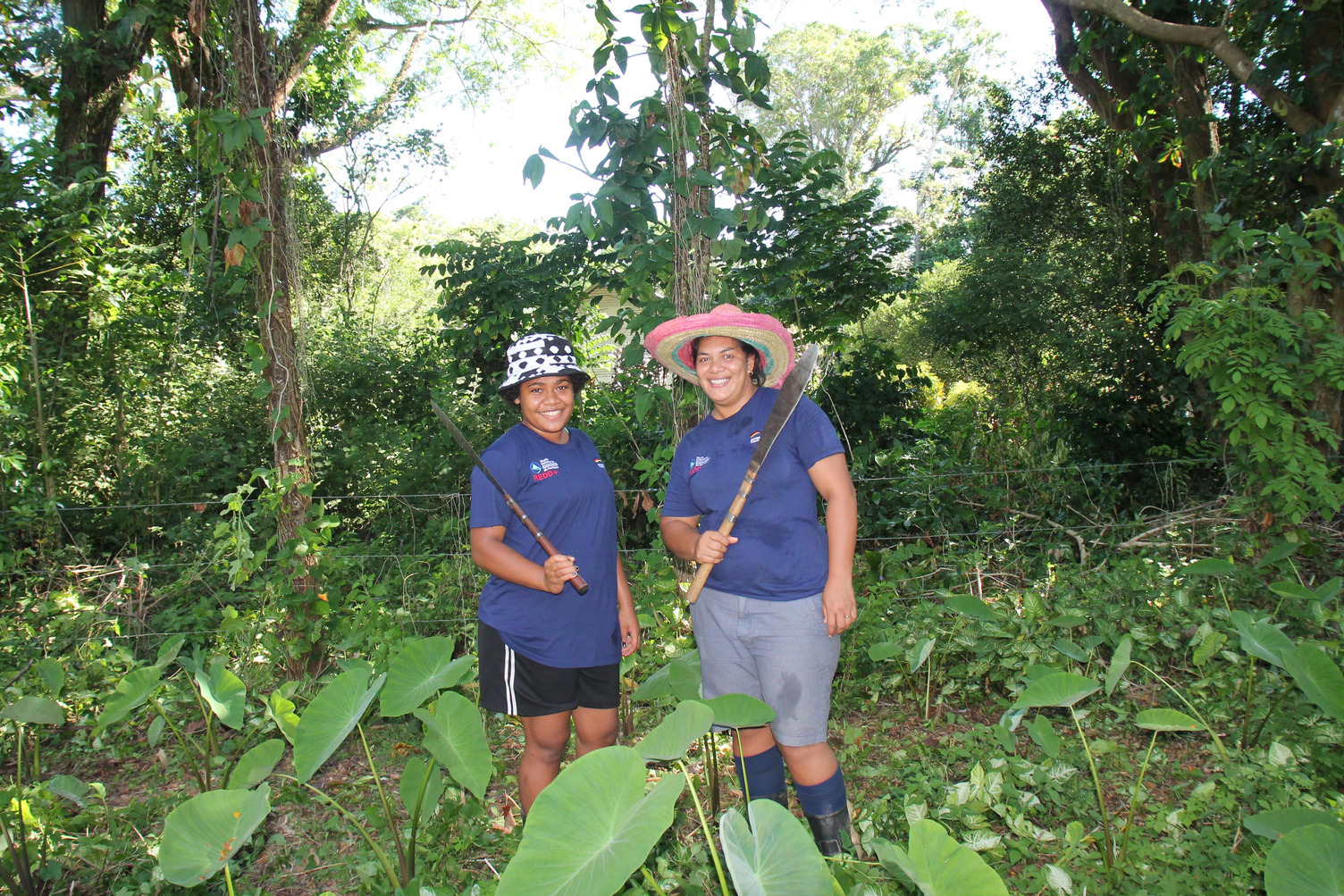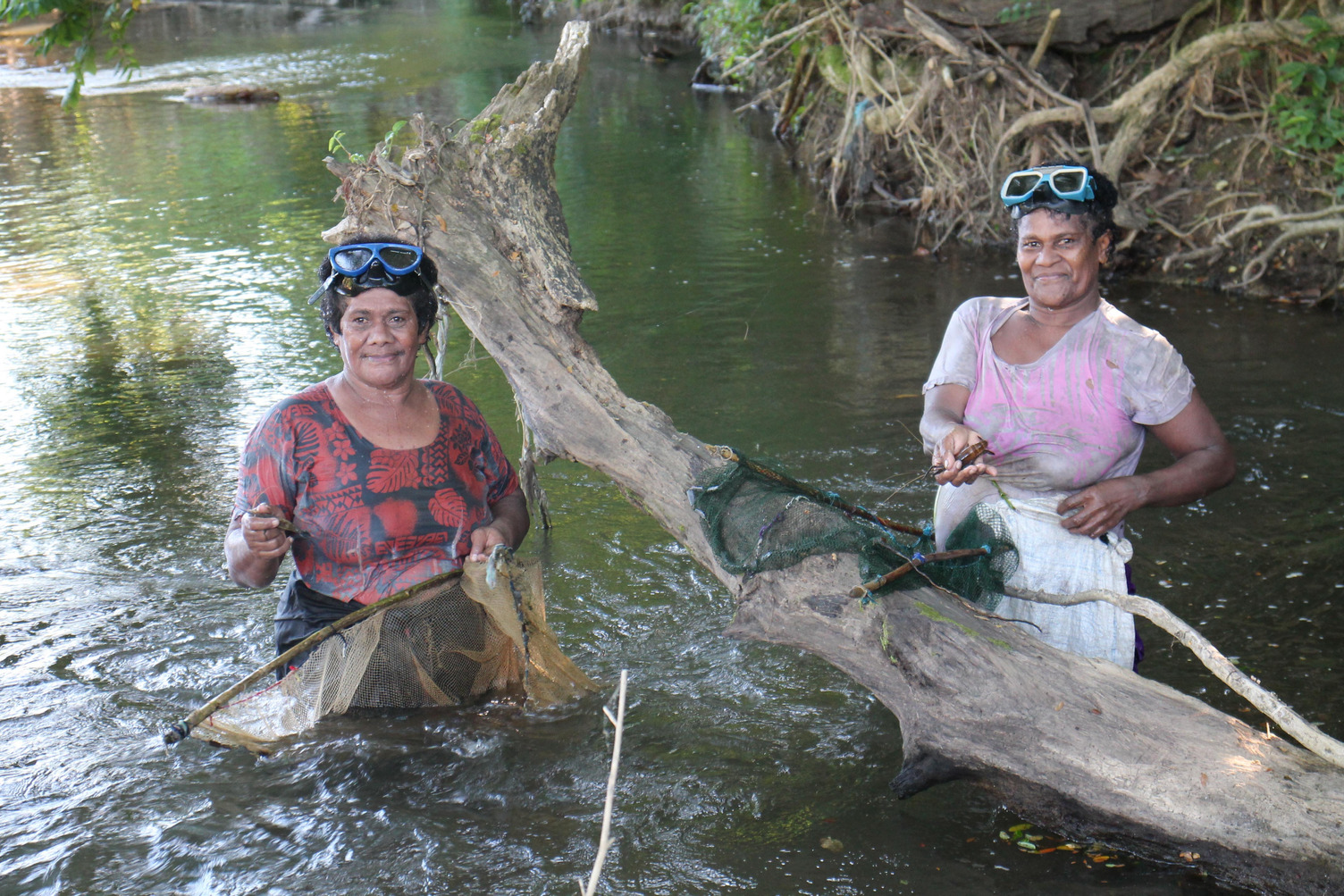- HomeHome
-
About ACIAR
- Our work
- Our people
-
Corporate information
- ACIAR Audit Committee
- Commission for International Agricultural Research
- Policy Advisory Council
- Agency reviews
- Executive remuneration disclosure
- Freedom of information (FOI)
- Gifts and benefits register
- Information publication scheme
- List of new agency files
- Contracts
- Legal services expenditure
- Privacy impact assessment register
- Commonwealth Child Safe Framework
- Benefits to Australia
- Careers
- 40 years of ACIAR
-
What we do
- Programs
- Cross-cutting areas
- Resources
- Where we work
-
Funding
- Research projects
- Fellowships
-
Scholarships
- John Allwright FellowshipScholarships to study in Australia for ACIAR partner country scientists to have Australian postgraduate qualifications
- ACIAR Pacific Agriculture Scholarships and Support and Climate Resilience Program
- Alumni Research Support Facility
- Publications
- News and Outreach
Date released
21 May 2021
Forests and trees play significant roles in the lives of Pacific Islanders, socially, culturally, economically, and environmentally. Often in the Pacific, agroforestry and tree crops contribute towards food, medicine, construction materials, and other products.
Agroforestry is a natural resource management system that diversifies and sustains production and environmental benefits for land users at all levels through the combination of trees in the agricultural landscape.
The Australian Centre for International Agricultural Research (ACIAR), in partnership with the Griffith University, and the Pacific Community's (SPC) Land and Resources Division, has supported increased resilience, productivity, community engagement, land ownership, climate mitigation, and livelihood opportunities from agroforestry in Papua New Guinea, Solomon Islands, Vanuatu, and Fiji.
The five-year project began in 2015 and has seen numerous benefits around the region, including Fiji, where a small women's group has successfully enhanced agroforestry standards in Fiji and built the capacity of the local communities to run a small business.
The Rise of the Nadroumai Women's Club
Increasing soil erosion, flooding, and drought-related events were on the rise due to unsustainable agriculture and resource exploitation within the Nadroumai catchment near Sigatoka in Fiji, and the Nadroumai Women's Club (NWC) was keen to learn about agroforestry techniques to mitigate the environmental effects.
The NWC Treasurer, Mrs Amele Duguivalu, explained that the club was identified as a suitable partner as they were concerned about flooding, polluting the Nadrroumai River, a source of food and water for the community.
'When the project started, our club consisted of ten members, and ACIAR through SPC supported us to set up a village nursery. By 2019, we were able to able rehabilitate the Nadroumai catchment successfully,' Mrs Duguivalu said.
As the village nursery progressed and the community witnessed its success, more women joined the initiative. The club doubled in size, and the seedlings' profits increased from A$650 in 2018 to around A$3000 in 2020.
Initially, NWC started with 300 seedlings, and today they are working with 1500 seedlings.
The women plant a wide variety of fruit trees such as Fijian Chesnut (Ivi), Guava, Beach Almond Tree, bush lemon, pawpaw, box fruit (vutu). They also engage in vegetable farming of tomatoes, sweet corn, cabbage, long bean, French bean, eggplants, and local tree fern (ota).
'Apart from the sales of our seedlings, the women have also taken up smallholder farming thanks to this project. Every week, we harvest fruits and vegetables, and we take them to nearby markets, and each member earns about A$80-200. This has truly changed our lives’, Mrs Duguivalu said.
Not only have the women turned to their traditional ways of harnessing the natural resources provided to them by the land, but they are also eating more healthily and contributing towards their families and village projects.
'I am using my earnings for family shopping and house upkeep. The community nursery has its separate bank account, and with the profits, we have bought folding tables and chairs for the village hall. Last year the women were also able to go on a retreat around the island. For many of us, that was the first holiday we ever had,' she added.
The Nadroumai women are challenging gender norms. Traditionally women have had vital roles in households and agriculture, but because of customary land tenure, engaging women in land-based enterprises comes with challenges.
'I am very grateful that everyone in our community, including men and youths, has taken this project on. Our women may lead this project, but we can't advance without the support of everyone. This has brought the whole village together.’
The NWC is now equipped with various skills that support their community nursery into a viable business.
'ACIAR, the project team, and SPC have provided many trainings to us such as nursery building, soil health management, financial literacy, banking and reconciliation, and bookkeeping. I would have never thought living in a remote village; our women would have so much knowledge today, she added.
Introducing Agroforestry to Nadroumai
Project leader and Professor of Agricultural Ecology from Griffith University, Helen Wallace, said that most Pacific Islanders who live in rural and remote communities earn their livelihoods from agriculture, fishing, and forestry.
'Semi-subsistence smallholder farmers often consist of women being primarily responsible for farming activities. This project focused on smallholder farmers having incentives and avenues for added income while planting trees,’ she said.
In Nadroumai, the project began with community awareness activities learning about community decision-making processes, the impacts of the sedimentation at the riverbank on aquatic life, and how nearby communities could help mitigate the effects.
Professor Wallace explained that the NWC was shown a demonstration of the benefits of planting vegetation near the Nadrouimai riverbank, which led to less degradation, reduced soil erosion, cleaner river water, and a healthier environment for the people and animals in the area.
The added incentive was that managed agroforestry systems also offered new livelihood options for the community.
'When people plant trees, it takes about five-ten years to see returns. In this project, we worked together with the women to set up a planting system where they could plant crops alongside trees to harvest the crops faster and start earning their income', she said.
The women had access to naturally growing indigenous nut trees and coffee and incorporated this into their vegetable gardens.
The nursery seedlings combined with the coffee, vegetables, and indigenous nut trees to provide the women with the opportunity to start earning money immediately by selling the produce at local markets for their subsistence farming.
'This project has been an enormous success; it has led to an expansion of the village's planted agroforestry acreage from one acre four years ago to ten acres today. The NWC tree nursery produced seedlings that rehabilitated the Nadroumai water catchment. The women's club has improved capacity to continue the project on their own', Professor Wallace added.
COVID-19 and Its Implications
Anaseini Sisi is one of the newest members of the NWC. A former barista from a five-star resort joined the club after losing her job due to the COVID-19 pandemic.
'The world came to a halt when the pandemic hit, and my husband and I were sent home because the resort had no tourists. I was worried about how our family would survive, and I joined the NWC because I saw how other women were still earning money by selling their produce at the local market', she said.
According to Mrs Sisi, joining the NWC was the best decision she has ever made.
'Traditionally, the land has always provided for us, and COVID-19 has shown us when everything fails, we can always go back to our land to plant and feed our families, and earning some extra cash is an added benefit'.
'I earn around the same as other women in the village, and this supports our family to get by. Not only am I earning money, but I am also contributing towards a more sustainable environment', she added.
Mrs Sisi added even though it has only been a year since she joined the club, she has learned valuable skills through various trainings such as soil and plant health and compost mixtures.
'I don't see myself ever going back to work for someone else, who would have thought that COVID-19 pandemic would lead me to smallholder farming, but it is so rewarding that I will never leave this', she said.
Mrs Duguivalu added that the pandemic has undoubtedly dampened the NWC plans but has not broken their spirits.
'We were working with a nearby resort to be exclusive sellers of fresh fruits and vegetables and start their vegetable garden, which will be used to prepare meals at the resort. Unfortunately, those plans are on hold as the borders are closed, but I am glad to see young women like Anaseini join us, and we can pass these skills to a whole new generation, she said.
Future Plans for the NWC
ACIAR Research Program Manager for Forestry, Dr Nora Devoe, said that this project aimed to raise income for small producers and processors using an "integrated value-chain approach," looking first at what the market demanded and working backwards from there to identify agroforestry products with potential for value-adding.
'Not only did this project support replanting of catchments with agroforestry trees, but it also built strong community ownership and provided an avenue to enhance their livelihoods through their nursery,' she added.
The project finished in March, but the women are currently involved in a few other aspects that will significantly increase their business skills.
Mrs Duguivalu said that she was currently taking part in a value-adding training organised by the Ministry of Women, which teaches the use of non-timber forest products.
'This is very exciting as we can use our traditional basket and mat weaving skills to enhance our livelihoods further. The project has ended, but NWC is just rising; we have a five-year plan for the club, and we have no doubt we will continue to enhance the agroforestry standards in Fiji', she added.
This project supports the community of Nadroumai to meet Sustainable Development Goal number 15, which aims to protect, restore and promote sustainable use of terrestrial ecosystems, sustainably manage forests, combat desertification, halt and reverse land degradation and halt biodiversity loss.
The Enhancing value-added products and environmental benefits from agroforestry systems in Papua New Guinea and the Pacific is an ACIAR project led by the Griffith University in partnership with the Pacific Community, and the University of Adelaide, and Southern Cross University.
